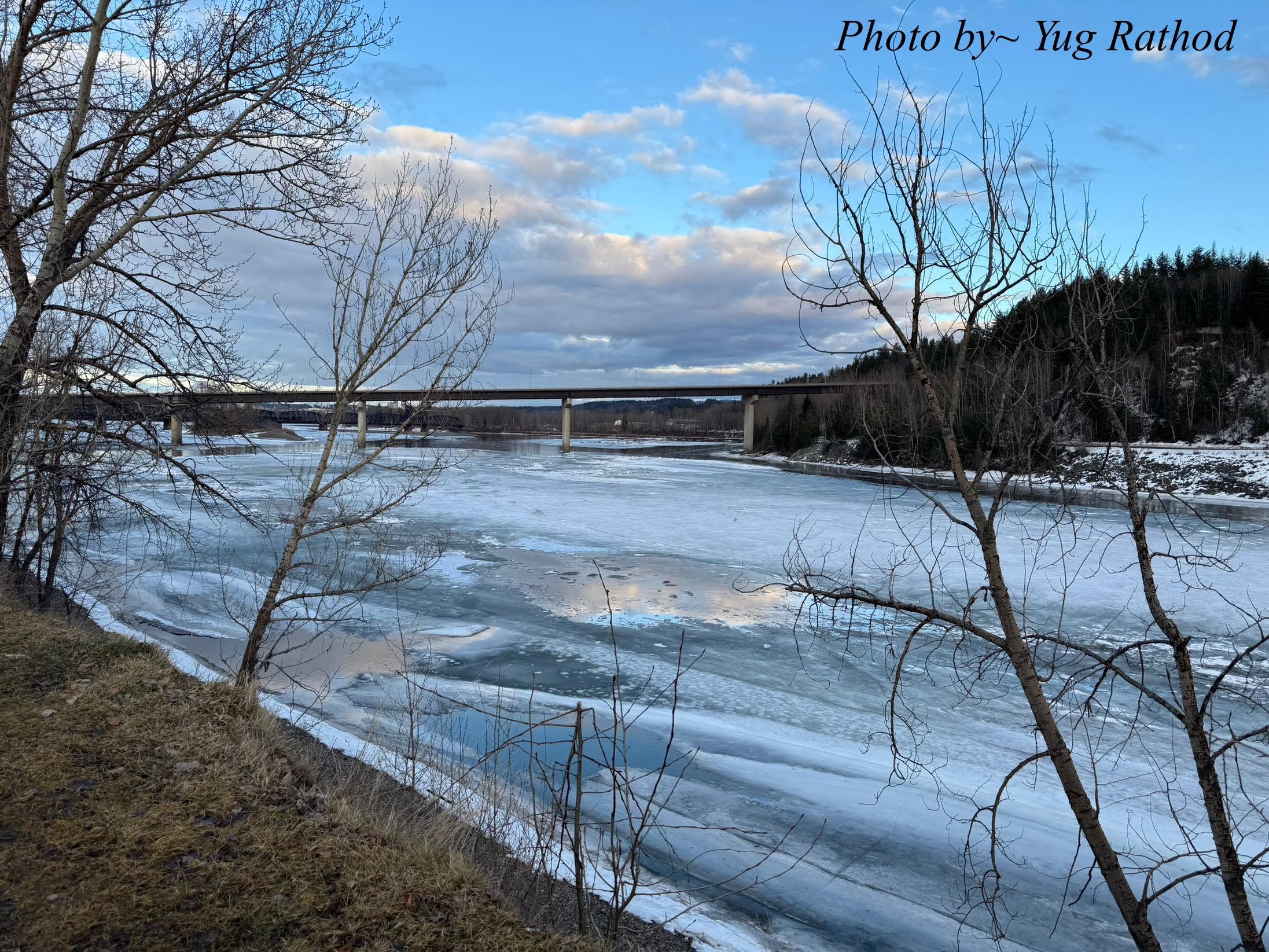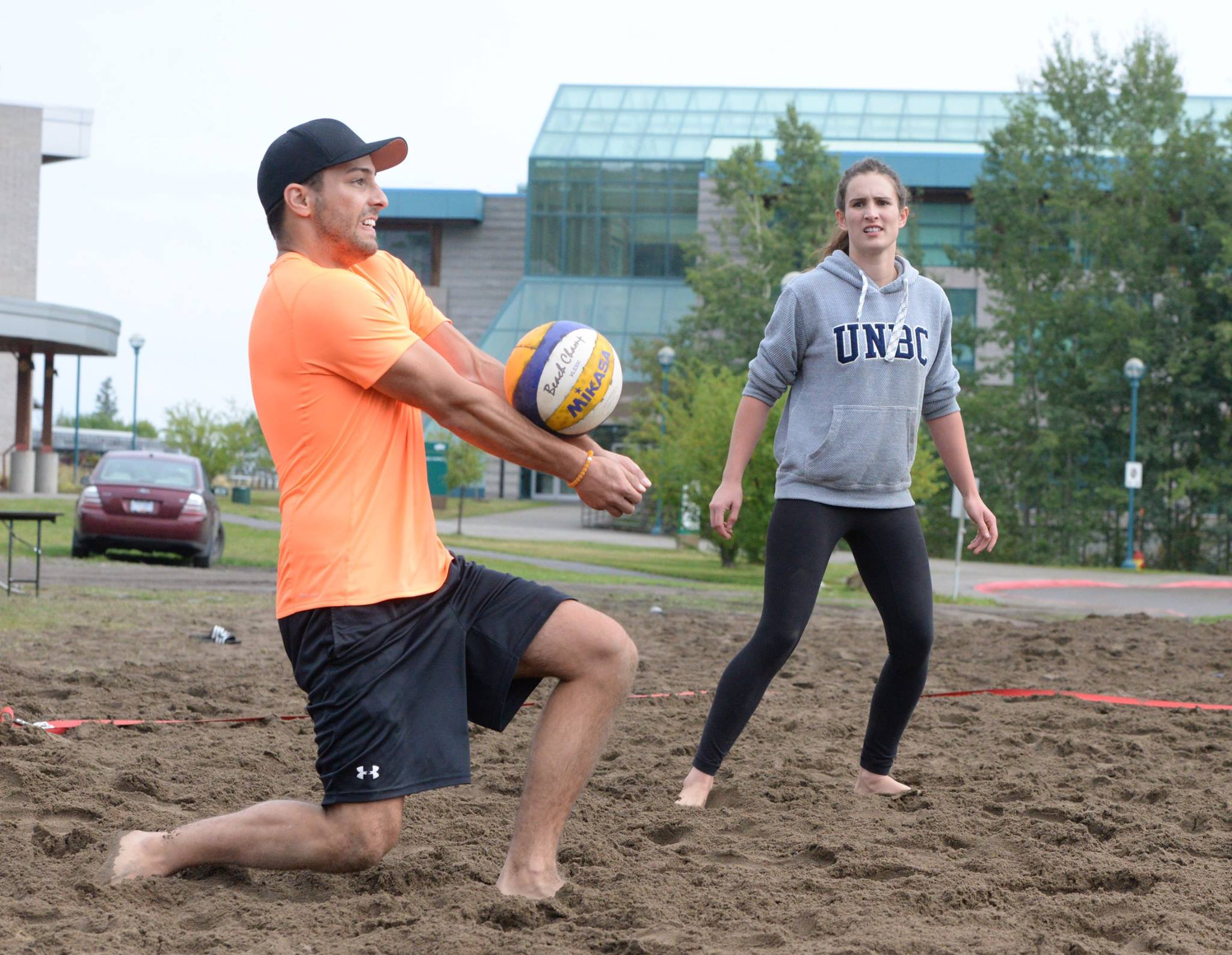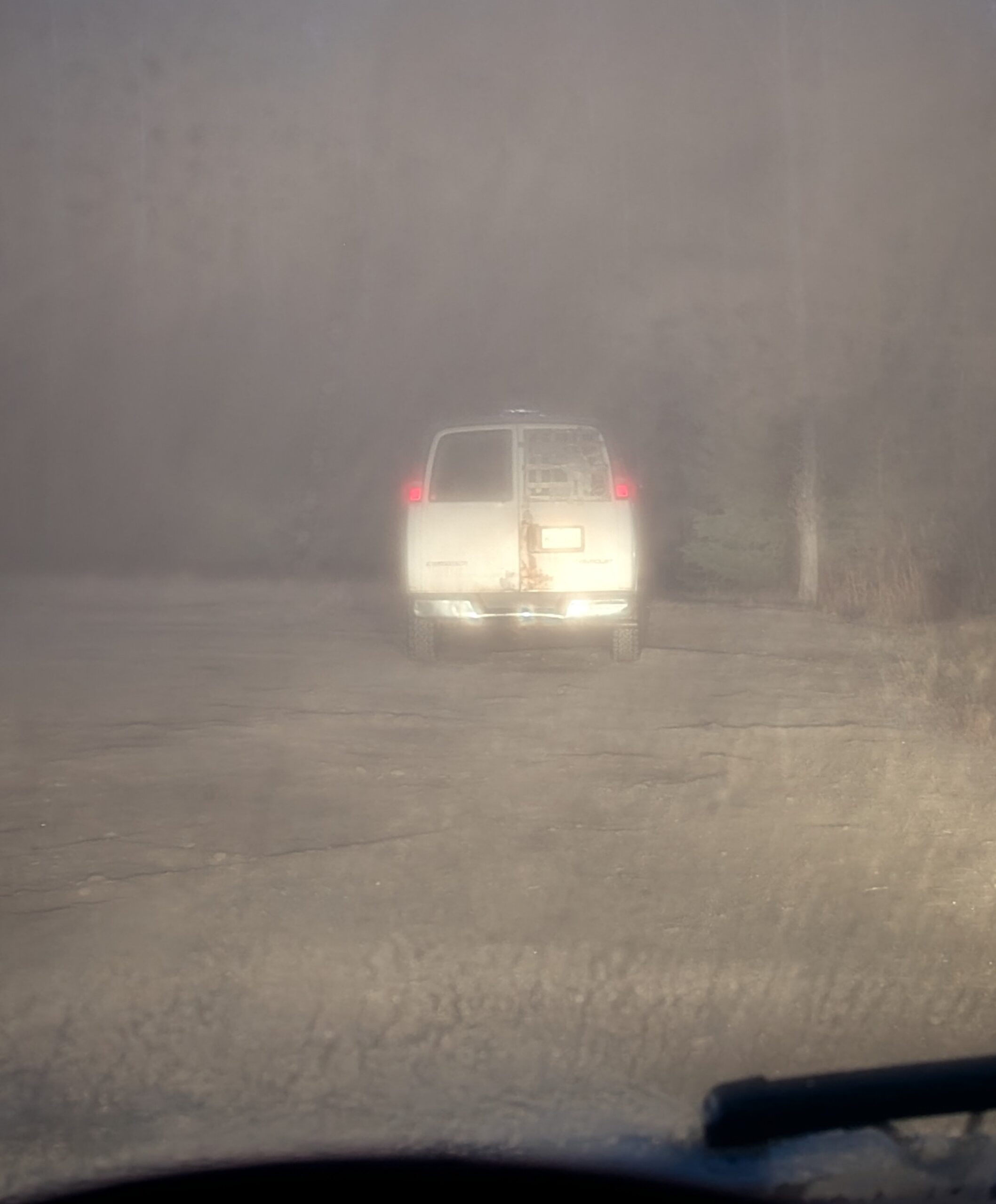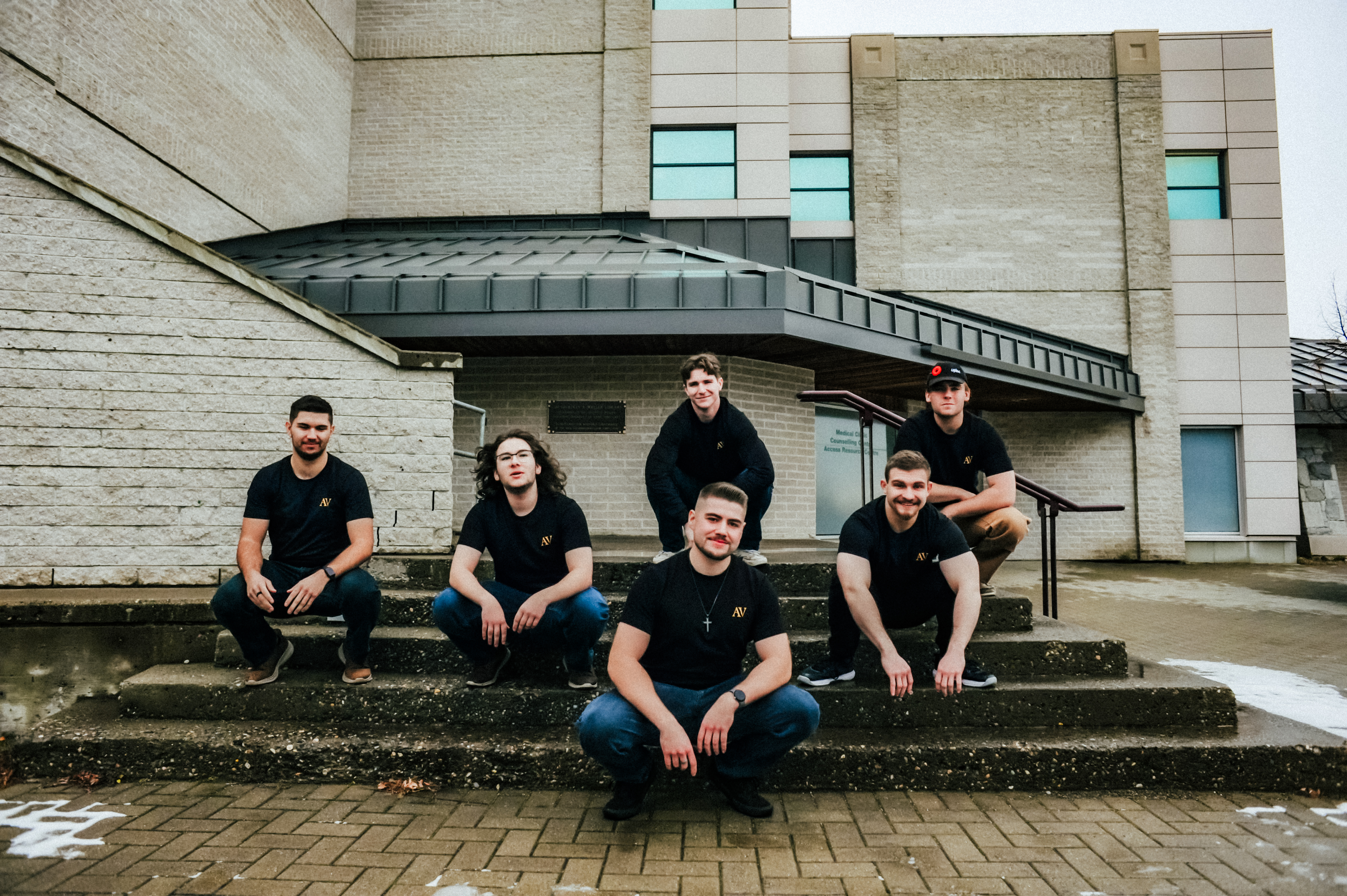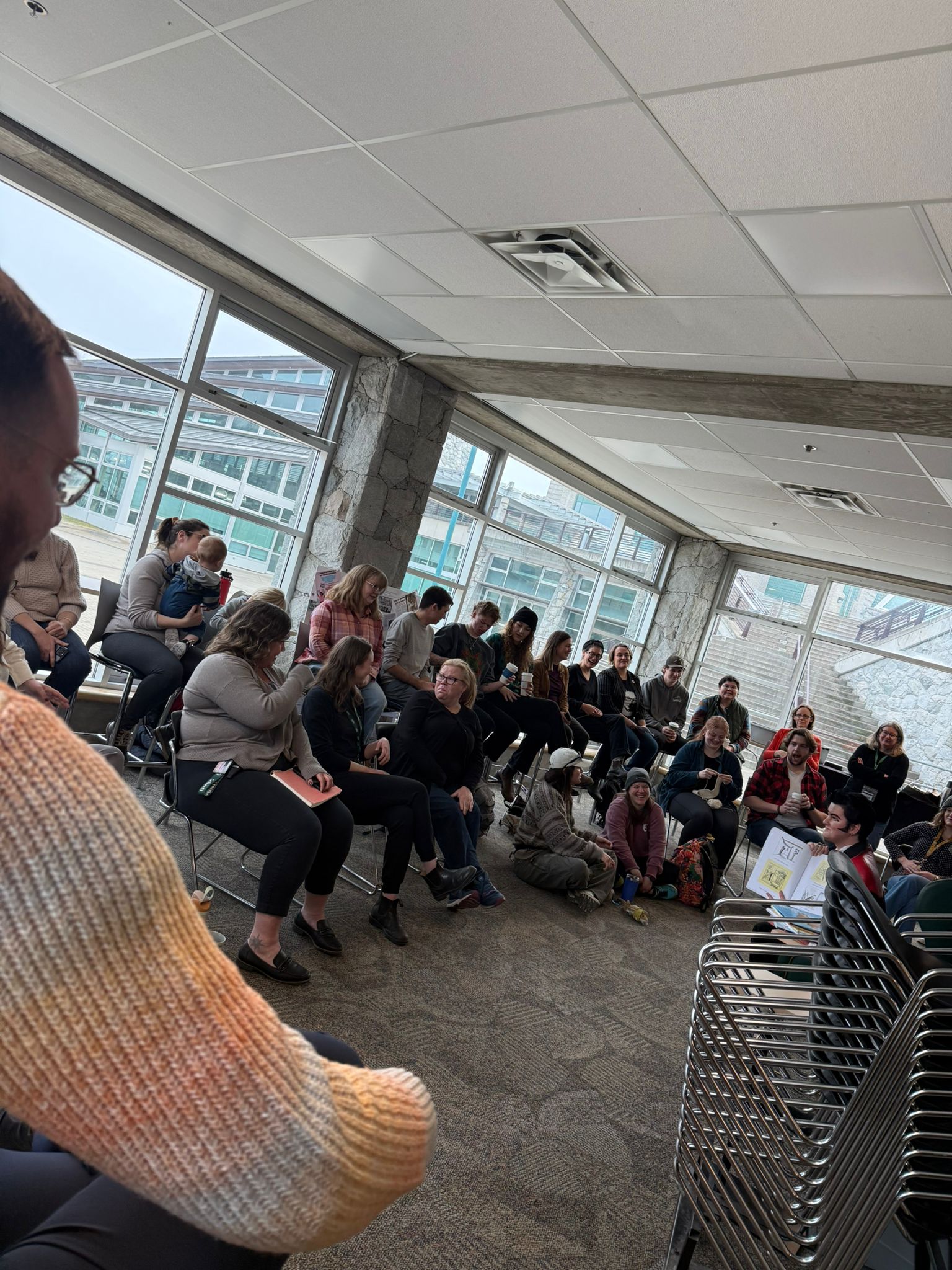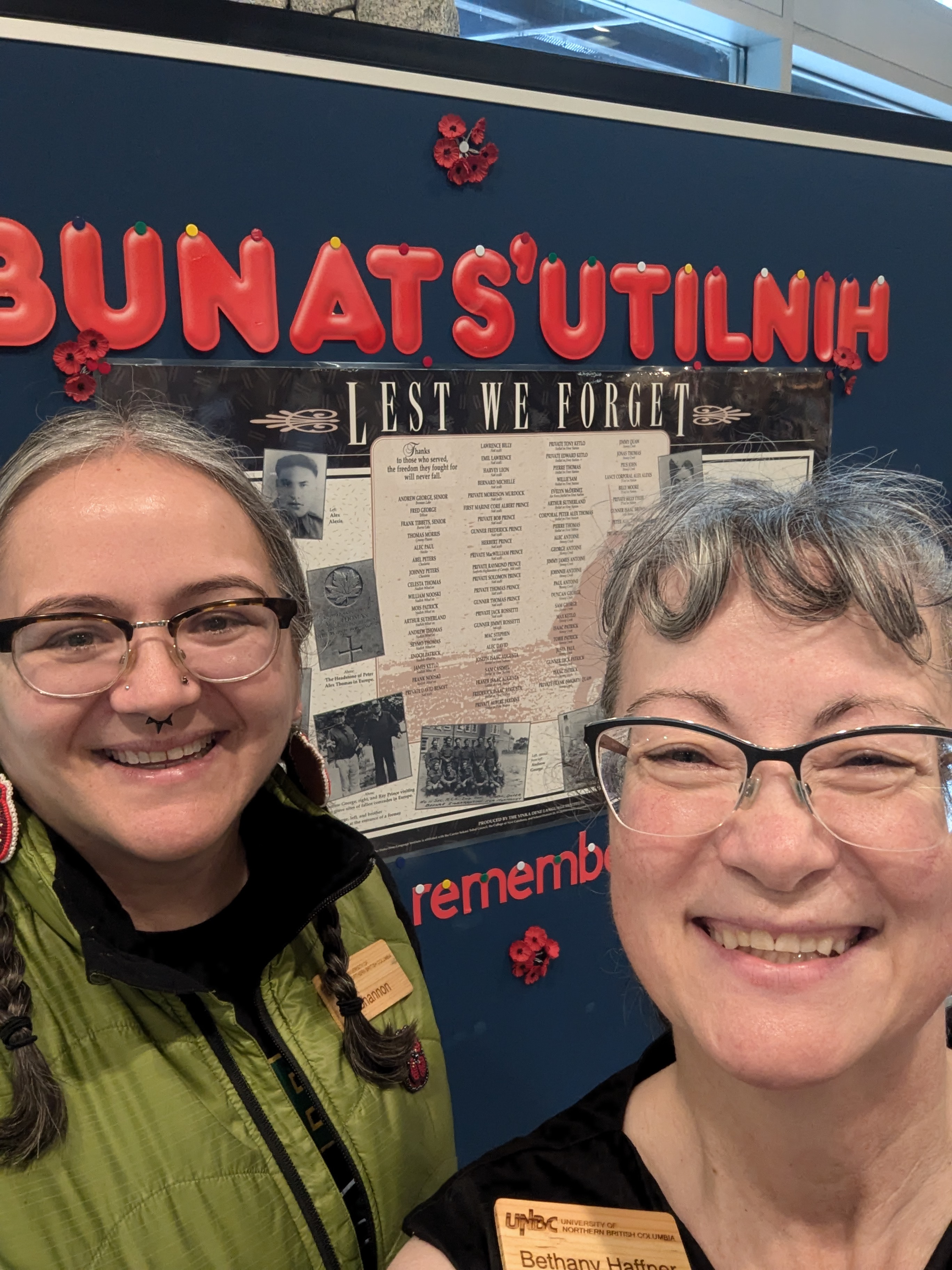“Snow is not just a winter spectacle, it’s our water supply, our fire defense, and our future.”
As winter releases its grip on Prince George, our accumulated snowpack matters more than you might think. From filling our rivers to influencing wildfire risks, this frozen reservoir will shape the months ahead for our community.
This winter brought extreme cold spells mixed with mild temperatures and unpredictable precipitation. But what exactly is snowpack, and why should students care?
Snowpack forms when snow accumulates layer by layer on mountains and hills throughout winter. It’s not just picturesque scenery—it’s a vital water reservoir. When spring arrives, this snow gradually melts, replenishing rivers, feeding lakes, sustaining ecosystems, and ensuring our taps don’t run dry in summer. When snowpack levels are abnormal—either too low or melting too quickly—it triggers a domino effect affecting water supply, agriculture, and wildfire risk.
As of March 1, 2025, the Fraser River basin, which includes Prince George, has a snowpack at 77% of the long-term median—a 23% deficit. This slight improvement from February’s 76% might seem minor, but it could create significant water challenges in coming months.
This 23% deficit means less spring runoff, reduced water flow, and greater difficulty managing summer heat. We’ve experienced low snowpack years before: shrinking rivers, struggling crops, and intense wildfire seasons with weeks of smoke-filled air. Water scarcity also threatens local agriculture, potentially forcing usage restrictions that impact food production and our regional economy.
“When the snow melts, what’s left behind is the true test—how we manage our water today decides how we survive tomorrow.”
What can we do? Start by treating water as the valuable resource it is. Simple actions like fixing leaky faucets, reducing lawn watering, and using water-efficient appliances make a difference. On a larger scale, we need better water management policies: smarter irrigation systems, watershed protection, and storage systems that handle increasing climate unpredictability. Communities must plan ahead rather than just reacting to droughts or fire bans.
Wildfires represent another major risk connected to low snowpack. The summer of 2023 brought smoky skies back to Prince George as fires spread across the province. Less snow means drier forests earlier in the season, potentially leading to an earlier, more severe fire season. Rural communities and Indigenous Nations are particularly vulnerable, often located closer to forests with limited access to emergency services and fewer resources for disaster preparation or recovery.
Prince George isn’t passive in the face of these challenges. Local groups—from city crews to the Fraser Basin Council and UNBC’s climate research teams—are working to understand implications for our water supply and develop solutions. Community members are increasingly doing their part as well.
Remember, snowpack isn’t just weather data—it’s our future. Addressing these challenges requires change, not perfection. Whether saving water at home, advocating for better planning, or simply staying informed about local environmental conditions, every action matters. The snow will melt, but the choices we make now will last much longer.
